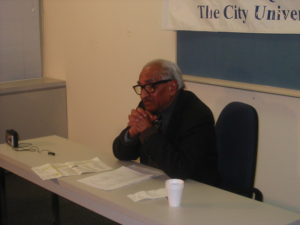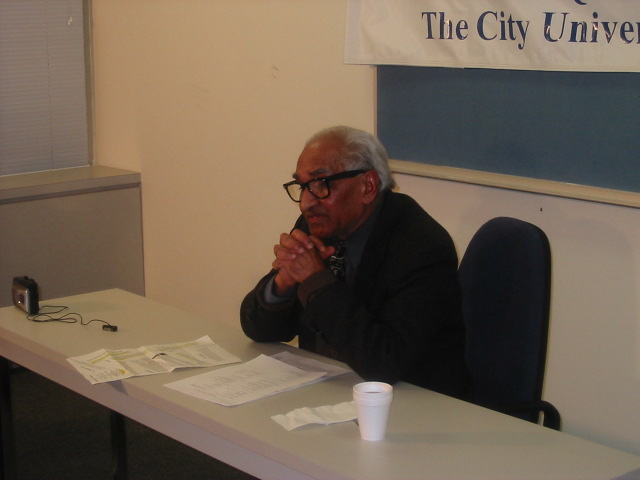
What is reincarnation? Reincarnation is concerned with the afterlife. At this very moment we are all currently building our path towards the afterlife. What we do, what we think, and what we feel everyday determines what happens in the afterlife.
There are two hypotheses about the afterlife. The single life hypothesis states that the soul goes to either heaven of hell after death. The multiple lives hypothesis states that we have many lives, and that we’re sent back to live many times over after death. Both the soul and the mind are permanent, and hat reincarnates is the mind. When we die, the mind continues on, while the soul is shifted from body to body. During reincarnation, the mind can grow or decline. When death takes place, the mind leaves the body immediately and reincarnates. The mind is still able to feel, smell, see, tough and hear even after death of the physical body, only to be born again and again in different bodies.
There are many ways to prove to modern man the existence of reincarnation. People born with special talents aren’t a coincidence, but were brought down from their past lives. Life’s unexplained rewards and punishments, such as winning the lottery are results of reincarnation. There is no luck, you deserved whatever you got.
Near Death Experiences (NDE’s) prove that the five senses are not dead after death of the physical body has taken place. People who have been dead for ten to fifteen minutes have been brought back to life and been able to describe what they experienced during their moments of death. Gifted individuals such as the psychic Edgar Caycee are able to transcend the basic five senses and are able to see the afterlife world and provide predictions of the future. Modern research is able to prove the existence of the afterlife.
Reincarnation is part of the cosmic pattern, the universal principle of cyclicity. The sun reincarnates every morning, the spring reincarnates every year, flowers reincarnate every season, etc.
Karma deals with the law of cause and effect. Meaning, if I do good, the good will come back to me, if not now, in the future. The universe records all our actions, whatever we do, good or bad, will be recorded. The function of karma is not punishment, but correction. There is no cosmic accountancy, as long as the mentality of doing bad ceases. The need to be punished for every wrong that is done is stopped and changed.
Karma is also about meeting one’s self, which means whatever happens to you is not caused by anyone else, but created by the individual self, a result of one’s previous actions created in this life, or perhaps in one’s past lives. The goal of karma is to become a better human being, to achieve purity of mind, compassion, kindness and forgiveness. You’ll only be forgiven if you forgive.
The most important nature of karma is continuity and correction. Continuity refers to the good things what will be maintained and carried on to the following life. Correction refers to the wrong that will be corrected through suffering in the next lives that follow. The suffering one endures will only stop when the wrong has been corrected.
There are different kinds of karma. Karma in operation refers to the wrongs that we have committed in our past lives that will be corrected in the following lives, little by little, until it is all resolved.
Oneness is the highest level of philosophy. Everything is interconnected; therefore we should all feel connected.
Synopsis by Mimy Liu
Reincarnation In World Thought
1) Afterlife: Two hypotheses: Single life, Multiple Lives
2) What reincarnates? Body, soul. Physical rebirth of mind.
3) Reincarnation in world thought
- World thinkers
- Indic traditions
- Semitic traditions, Kabbalah, Bible, Koran
- Far East: Buddhism
4) Evidence for Reincarnation
- Nature vs. nurture. Prodigies. Differing inner capacities in common environment
- Past life recall/regression
- Life’s unexplained rewards and punishments
- NDE’s – Raymond Moody, Betty Eddie. Survival of the mind and senses
- Western revelations: Edgar Cayce, Theosophy
- Modern research: Ian Stevenson, Brian Weiss (Many lives, Many Masters)
5) Reincarnation as part of cosmic pattern
- Universal principle of cyclicity
- Spiral resurgence
6) Karma: twin principle of reincarnation:
- Law of cause and effect
- Like begets like
- Each after its kind
- What we sow we reap
7) Nature of Karma
- Psychological domain. Intention
- Akashic records
- Not punitive, but educative
- No cosmic accountancy
- No personal tit-for-tat
- Meeting self
- Goal: Reorientation of attitudes, predispositions
- Two strands: Continuity – builds on previous effort. Nothing ever is lost.
- Correction: infinite chances given
- No regression to lower kingdoms
8) Law of Grace
- Neutralizes bad karma
- Not arbitrary
9) Kinds of karma
- In operation
- In abeyance
- In process
10) Role of Reincarnation in Karma
- Extends time frame of karma
- Learning: a slow, long process. One life to short
- Cumulative progress, builds on previous achievements; nothing is lost
- Provides infinite chances for correction and self-growth
11) Oneness: ultimate destiny of all
- Earth: school for learning
- Dropout impossible
12) Cosmology
- The Absolute
- Souls created: Given individual minds and freewill
- Law of One. Law of harmony and love
- Misuse of freewill; birth of separative, personal ego
- Return path provided

